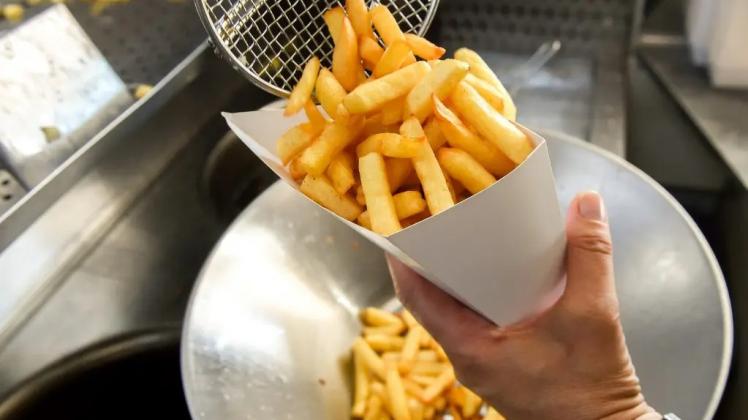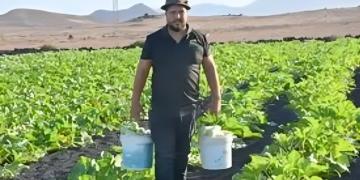Colombia: Fedepapa warns of increased potato imports following WTO ruling
The Federation warns that the international ruling could weaken measures protecting Colombian producers, while the domestic market faces oversupply and multi-million-dollar losses.

The recent World Trade Organization (WTO) ruling on antidumping measures applied by Colombia to frozen French fries from the European Union revived the debate over protection for the domestic industry. Although the decision partially ruled in favor of Colombia, the organization ordered a review of tariff calculations, which could reduce current barriers to imports.
According to the Ministry of Commerce, "Colombia will proceed with a review of the process to verify compliance and, if necessary, take appropriate action." However, for local producers, the ruling comes at a critical time: domestic potato prices are falling, and farmers are accumulating considerable losses.
“Farmers are losing up to 20 million per hectare”
In an interview with Mañanas Blu, Fedepapa manager Richard Sánchez emphatically emphasized the seriousness of the situation. "Today, farmers are facing a significant problem in terms of prices. They are losing between 15 and 20 million pesos per hectare," he stated.
The official explained that the domestic oversupply and the influx of frozen precooked potatoes from Europe and other countries have directly affected the domestic market. Since 2018, Fedepapa, along with the Ministry of Commerce, has spearheaded the application of antidumping measures against companies in Belgium, the Netherlands, and Germany. However, these measures have lost their impact over time.
"In 2018, the measures covered 64% of the frozen precooked potatoes entering the country, but by the end of 2024, they only affected 1%," Sánchez explained, noting that the imported volume reached 80,000 tons that year.
Effects on industry and risk to rural employment
The WTO ruling does not eliminate the measures, but it does force Colombia to review the methodology used to calculate the tariffs. According to Fedepapa, if these rates are reduced, the influx of frozen potatoes could increase even further, displacing local production and affecting rural employment.
"For every kilo of imported frozen precooked potatoes, three kilos of fresh Colombian potatoes are lost," warned Sánchez. This means that the expansion of foreign products affects both farmers and domestic processing companies.
Companies like Congelagro, producer of the renowned Rapipapa, use 100% Colombian potatoes, but face unfair competition from multinationals like McCain, which import raw materials or finished products. "Congelagro looks after the interests of the national industry and farmers," emphasized the Fedepapa manager, stressing that the union is working to implement general safeguards that protect the entire sector, not just a few companies.
Will consumer prices rise?
One of the fears that arises with these types of measures is the potential increase in prices at restaurants and fast-food chains. However, Sánchez ruled out this scenario. "There is too much domestic supply and too many farmers producing potatoes for agribusiness for the price of the fries we eat with our hamburgers to increase," he explained.
The leader clarified that the priority is not to increase the price of the final product, but rather to ensure a fair market and that international brands consider purchasing domestic potatoes. In this regard, he insisted that companies in the food sector could strengthen the Colombian countryside by purchasing from local producers without sacrificing quality. "Our potatoes taste different; they have a unique flavor that we Colombians are accustomed to," he emphasized.
A call to defend the Colombian countryside
Fedepapa hopes that the WTO-ordered review will not lead to an indiscriminate market opening. On the contrary, it seeks to have the government reactivate broader trade defense tools. "The real concern is not lowering current tariffs, but rather activating safeguards for all frozen potatoes imported into the country," Sánchez insisted.
The federation warns that if measures are not taken, the oversupply will continue to affect the income of thousands of peasant families dedicated to potato cultivation. The union trusts that the State will prioritize domestic production, protecting one of the most emblematic sectors of Colombian agriculture.
Fuente: bluradio.com




